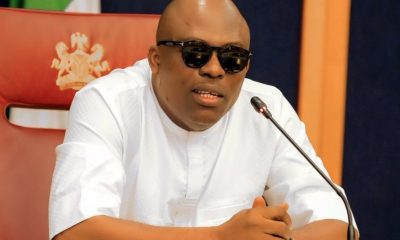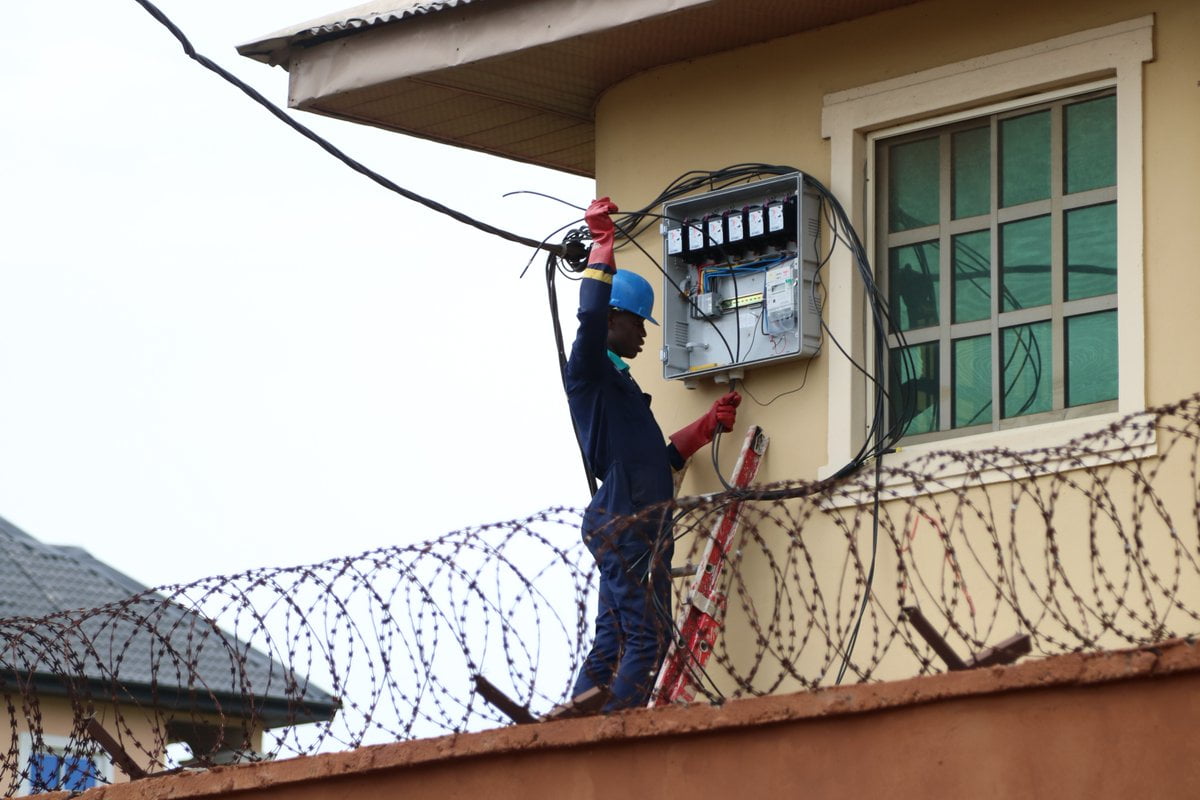Electricity prices in Nigeria are expected to rise following the unification of the naira which has led to the depreciation of the naira at the investor and exporter window.
The Central Bank of Nigeria (CBN) recently made an announcement regarding the unification of all segments of Nigeria’s forex market, consolidating all windows into one.
This new system will allow market forces, such as supply and demand, to play a significant role in determining the exchange rate.
However, the unification of the exchange rate may also have an impact on electricity tariffs in the country.
Experts in the electricity sector suggest that Nigerians can anticipate an increase in electricity tariffs soon when a minor review is conducted in December.
Dr. Damilola Oluwole, a Director of Energy Markets and Rates Consultants, explains that current electricity tariffs are designed with the inflation rate taken into account.
READ ALSO: All you need to know about new Electricity Act signed by Tinubu
The inflation in tariffs is based on historical average rates from the National Bureau of Statistics (NBS), and the current figure stands at approximately 22.4% to be precise. Therefore, due to the slight increase in CPI, the impact on tariffs is also expected to be marginal.
The foreign exchange (FX) rate used in the tariffs is based on the average CBN rate from the past six months, with a 1% premium added to it.
Dr. Oluwole further states that by using the figures provided on the CBN’s website, the rate of USD/NGN 467.53 is obtained, representing a marginal increase compared to the current rate of USD/NGN 441.48.
This suggests that the recent circular issued by the CBN regarding rate guidance based on the I&E window will not fully take effect until the bi-annual tariff reviews in December 2023, at which point the I&E window rates will have been in effect for six months.
Odion Omonfoman, the CEO of New Hampshire Capital, an electricity consulting company also shared a similar view.
According to him, two key factors used in determining end-user tariff adjustments are inflation rate and foreign exchange rates, which have been increasing. Any further inflationary pressure would impact end-user tariffs.
READ ALSO: Subsidy Removal: Nigeria electricity workers to embark on nationwide strike
While unifying the exchange rate is beneficial for the economy, it will lead to higher electricity and energy costs for customers. With the exchange rate unification, electricity tariffs will increase significantly due to the difference between the CBN rate and the new unified rates.
Additionally, the fluctuation of exchange rates means that the fixed exchange rate used in the MYTO 2022 is no longer valid. The Nigeria Electricity Regulatory Commission (NERC) will need to establish a new methodology to compute the applicable exchange rate during tariff adjustment periods.
As a result of the fluctuating exchange rates, electricity tariffs may see significant increases or decreases on a quarterly or bi-annual basis, he stated.
READ ALSO: Jos electricity coy, visits energy suppliers, to boost electricity supply
He also added that costs incurred by power sector entities (such as DisCos, Gencos etc.) include dollar elements and must be recovered through end-user tariffs. Examples include cables, transformers, sub-station equipment, software licenses, and other imported electrical equipment.
According to Omonfoman, the unification of foreign exchange rates and the subsequent increase in tariffs will impact off-grid customers as well. They will experience higher costs for solar photovoltaic (PV) equipment, which is priced in dollars, leading to increased capital costs that must be recovered through off-grid tariffs.
“Unfortunately, customers have no idea about the changes to tariffs, and if they are paying, as both the Nigeria Electricity Regulatory Commission (NERC) and DisCos, no longer inform customers about electricity tariff increases or publish the MYTO tariffs anymore,” he stated

 Agribusiness1 week ago
Agribusiness1 week ago
 News1 week ago
News1 week ago
 News1 week ago
News1 week ago
 Football5 days ago
Football5 days ago
 Football1 week ago
Football1 week ago
 Football1 week ago
Football1 week ago
 Entertainment4 days ago
Entertainment4 days ago
 Football6 days ago
Football6 days ago

